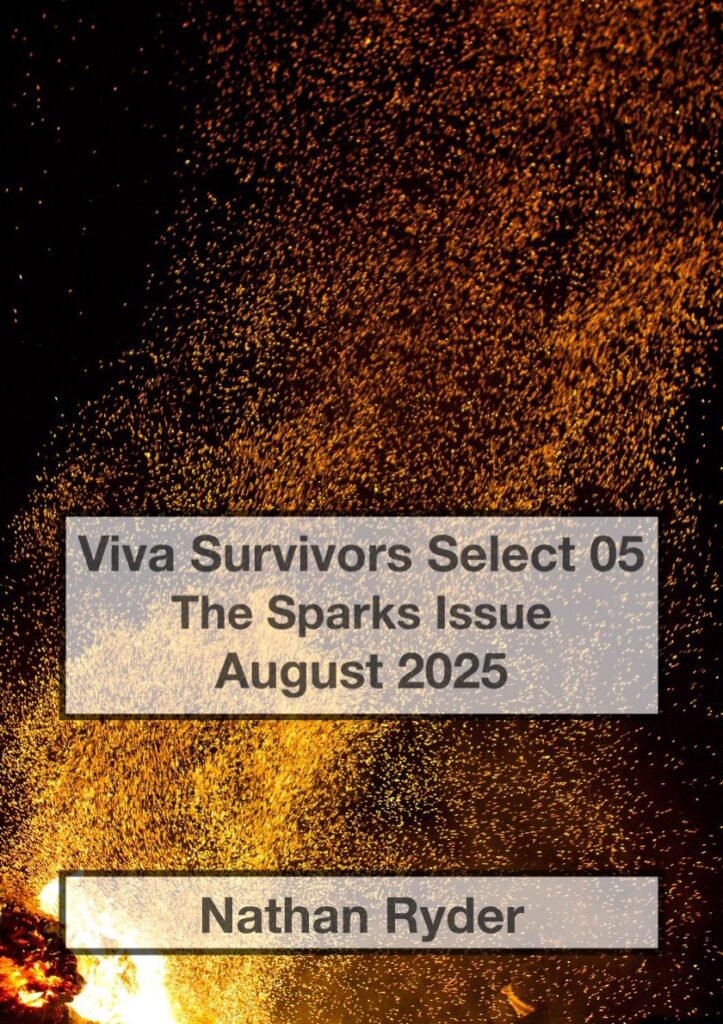3 Out Of 3000
If my records are correct then today is the 3000th Viva Survivors daily blog post!
As it’s special I decided to do something a little different. I’ve taken a little time to look for three helpful posts. Each of these has a generally good and helpful reminder for the viva; rather than only link to them I’ve presented them in full.
The Magic Numbers (from October 2022)
Some numbers are magical for the viva, and some can only cause you to worry.
Don’t think about how long your viva might be. It’s not worth obsessing over how many pages of references you have in your bibliography. And don’t check your word count to try to boost your confidence.
Instead of counting little details or wondering about things you have no control over, focus on how long you’ve been doing the work.
Several years – which can be properly understood as thousands of hours. Consider the time and effort you will have spent in getting ready for the viva itself. Remember the time invested in becoming a better researcher – and your many achievements along the way.
What other magic numbers could help you feel good for your viva?
Trust that the process is fair and tested.
Trust your supervisors to have helped you well over the years.
Trust the work you put into your thesis.
Trust your examiners to be excellent and treat you with respect.
Trust yourself.
You have the knowledge and the talent to succeed in the viva or you wouldn’t have got this far.
A Part Of You (from March 2025)
Yes, your viva matters. Yes, you need to pass.
But it is only one thing in your life.
- Read your thesis – but make time for rest.
- Create summaries – but create space to do other things as well.
- Have a mock viva with your supervisor – and have a good catch up with a friend.
The viva, your thesis and your research all matter.
You matter more. Take care of yourself.
These three posts were written during very different periods since the blog’s beginning. They’re all about different things on the surface but there’s a common thread underneath: a general and gentle encouragement, a belief that with the right support and ideas any PhD candidate can do what they need to do and succeed at the viva.
The 3000 posts on this blog are very different in general. I have some very short posts and some very long ones; I have lists and questions, reflections on the PhD journey in general and stories from my own life. I’ve written haiku and fiction and adapted classic Christmas poems!
And all through the 3000 posts is my encouragement, more than anything: keep going.
If you’re working towards your viva you have not got this far through luck. This is no accident, happy or otherwise: this is your talent, your work, developed over a long period of time. Keep going.
That’s my plan. Onwards and upwards for the next 1000.
PS: as this blog keeps developing I have produced other resources too! The latest is the fifth issue of Viva Survivors Select: The Sparks Issue was released yesterday and is available at my Payhip store along with the previous issues and other resources. There is a lot of freely available help on this site but if you’re looking for more then please take a look at Viva Survivors Select! Thanks for reading.
